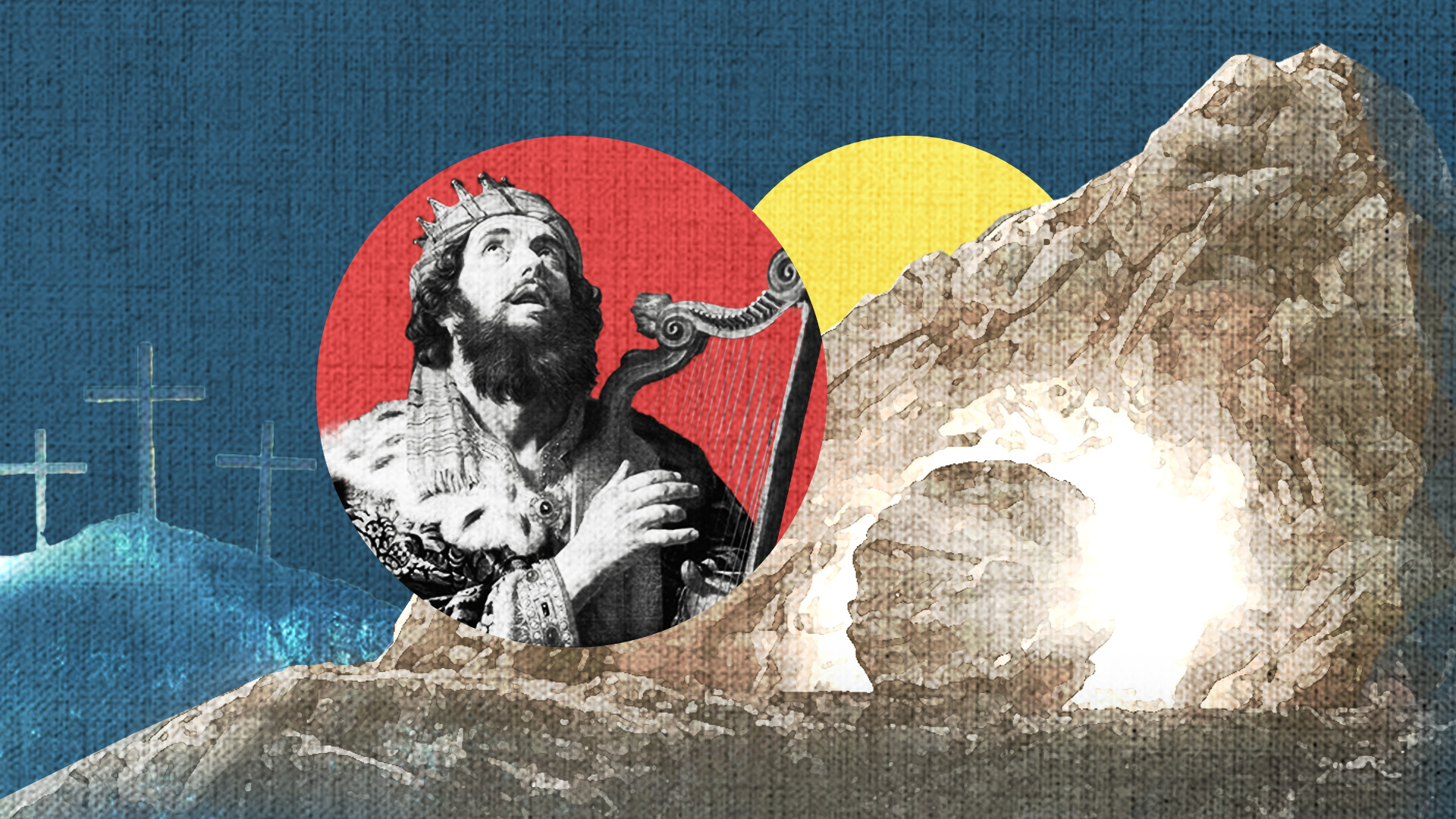Christ Has Risen - The Fulfilment of Psalm 22 in the Passion and Resurrection of Christ

What assurance do we have that Christ rose from the dead? Are the physical evidences such as the empty tomb and the eyewitness accounts sufficient to provide a compelling case for the resurrection? It is noteworthy that the disciples on the road to Emmaus and the eleven disciples could only make sense of these physical evidences and conclude that Christ had indeed resurrected subsequent to their minds being opened to the Scriptures (Luke 24:13–46).
In the First Epistle to the Corinthians, Paul testified that the resurrection of Christ was according to the Scriptures (1 Corinthians 15:4). Considering that 1 Corinthians was one of the earliest books in the New Testament having been written around 55 AD, the Scriptures that Paul was making reference to would be the Old Testament. Among the different passages of the Old Testament that testify to Christ’s resurrection, this article will focus on the prophecy in Psalm 22 that foretold the sufferings and vindication of the Messiah, down to the minute details.
Psalm of Suffering
A Psalm of David, Psalm 22 describes the intense persecution King David faced from his enemies. He recalls being surrounded by his foes with murderous intent (vs. 12–13) and waves of insults and mockery being hurled at him (vs. 6–7). In these moments, David struggled with exhaustion and dehydration, having a near-death experience (vs. 14–15).
Though the suffering mentioned corresponds to the narrative of First and Second Samuel, nowhere in the narrative of David’s life does it speak of his hands and feet being pierced (vs. 16). Or his garments and clothing divided by the casting of lots (vs. 18). If these suffering have a familiar ring to them, it is because these are what Christ had to endure during His crucifixion.
Indeed, all the sufferings described in Psalm 22:3–18 are consistent with what Jesus had to withstand during His passion. His bones were all on display, “I can count all my bones” (vs. 17) as He was stripped off His clothing and it is not difficult to picture how His bones were out of joint (vs. 14), given how Jesus had to carry the heavy load of the cross in a weakened state, after having been whipped and fitted with a crown of thorns. Even the mockery in vs. 8, “He trusts in the Lord, let the Lord rescue him,” mirrors the insults hurled at Jesus as He hung on the cross (Matthew 27:43). While the Psalm does describe in part the distress David endured, Psalm 22:3–18 foreshadows precisely in vivid detail the hardship of the Passion of Christ. Thus, as Jesus echoed Psalm 22:1 by crying out, “My God, My God, why have you forsaken me?” (Matthew 27:46; Mark 15:34), it is without a doubt that Jesus was seeking to establish that the prophecies of Psalm 22 were being fulfilled in Him as He hung on the cross.
Psalm of Hope
Thankfully, the depressing outlook of the Psalm does not conclude in agony. Psalm 22 ends on a triumphant note, with praise and thanksgiving over God’s deliverance,
| 22 “I will declare your name to my people; in the assembly I will praise you. 23 You who fear the Lord, praise him! All you descendants of Jacob, honor him! Revere him, all you descendants of Israel! 24 For he has not despised or scorned the suffering of the afflicted one; he has not hidden his face from him but has listened to his cry for help (vs. 22-24).” |
The future tense of vs. 22 (I will…) reflects and confidently asserts God’s ensuing vindication after suffering and affliction. In applying this Psalm to Christ, the deliverance that would necessarily follow Jesus’ death on the cross would be His resurrection.
We who are in Christ may experience the same resurrection at Christ’s coming.
It is noteworthy that the author of Hebrews (Hebrews 2:9–12) understood the fulfilment of Psalm 22:22 in the resurrection of Christ. Just as we who are in Christ are now adopted as God’s very own children (Romans 8:15; Ephesians 1:15), we are now able to identify Christ as our brother (Romans 8:29). Significantly, the Greek word ekklesia, employed predominantly in the New Testament as a designation of the church, is used to describe the assembly/congregation of brothers and sisters in Hebrews 2:12. Raised from the dead by the Father (Romans 8:11), Jesus draws praise to the Father from the church by being the very embodiment of resurrection power, granting us hope that we who are in Christ may experience the same resurrection at Christ’s coming (1 Peter 1:3; 1 Corinthians 15:20–23).
Given how the prophecies of Psalm 22:3–18, though written approximately a thousand years before Jesus’ lifetime, are accurately and faithfully fulfilled in Christ, we can be assured and convinced that Christ has been resurrected, according to Psalm 22:22. Allegations that Christ’s resurrection was a deceitful ploy by the disciples is untenable if the resurrection is indeed prophesied about in the Old Testament. The unfailing nature of the prophecies of Scripture, corroborated by the physical evidences, provides a compelling case for the resurrection of Christ. Thus, we celebrate Easter with the confidence that Christ indeed has resurrected according to the Scriptures.
